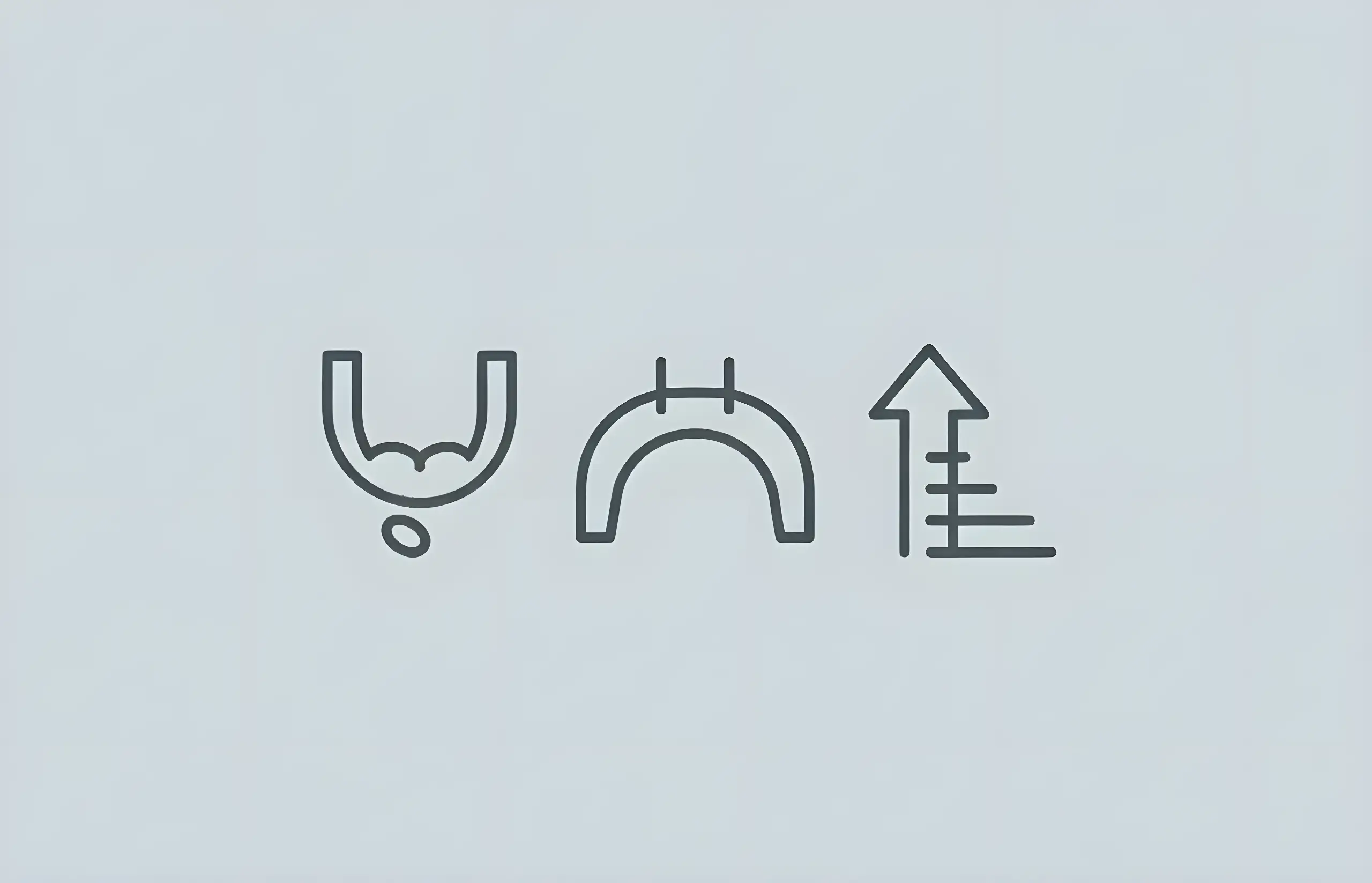Tooth extraction is a process that puts some pressure on your gums. So, you need to give them some time to heal before putting in dentures. But if that's not what you want, there is a way out. Keep reading to know more.
How Long to Wait?
When you get your teeth extracted, you will need to wait a while before you get your dentures. This is because dentures have to do with the fixtures you will add to your mouth's hinges.
If the dentures are custom-made, usually, the wait is for 3 to 6 months after the tooth extraction process is complete. The good news here is that getting your dentures made is already happening while your gums are healing from the extraction.
The additional time is also good because your dentures will be made with care and not in a rush, ensuring that they will fit accurately. And your dentist will give you immediate dentures that will take care of your needs without disturbing the healing process of your gums.
After the gums are healed, you can get your permanent dentures. Even so, you will be asked to wait about 6 to 8 weeks after the extraction is done. However, this is an estimate because the healing time will differ for different patients.
Sometimes, this wait is more than two months; for others, it is just about a month. So, speaking to your dentist about your specific case is highly recommended.
That said, there are some advantages to wearing (immediate) dentures right after the tooth extraction. If you've had bad teeth for a long time, getting your teeth extracted and dentures simultaneously is quite an experience.
That's because dentures can act like a bandage that will protect the gums while they are healing from the extraction. And so, when you transition to permanent dentures, the process will be smooth and easy. They also offer a good deal of support to the bone structure, which will need it to protect its integrity.
Immediate dentures can be uncomfortable, but they are not supposed to hurt, which is another benefit. So, if you see bleeding or feel pain, you need to adjust them as soon as possible.
What Are Immediate Dentures?
If you are not clear yet, immediate dentures are the ones that you can wear right after tooth extraction. Hence the name. They skip the 3-6 month waiting period and give you that dazzling smile you've been gunning for this whole time.
And they are not temporary dentures either, which makes it even better. But you must check with your dentist and ask if your situation fits the bill.
Now, some people like to get their dentures made even before their teeth are extracted. They get the dentures fixed right after the extraction procedure. This can be challenging because your gums will still be healing, and you will be placing artificial fixtures on them. The only reason to do this is to avoid being without teeth.
If you are getting all your teeth extracted but don't want to spend a lot of time without teeth, immediate dentures are an excellent solution.
If you are getting dentures for the first time, you want to get them measured and made so that the fit is accurate. Sometimes, you might have gotten to the process after some gums have closed or shrunk. So, you want to get it right. But the downside is that you will have to wait a few weeks.
If you don't want to wait till your gums heal and finish the whole thing in one go, you want to get immediate dentures.
Benefits of Immediate Dentures
The first benefit of having immediate dentures is quite obvious. You won't have to spend any time without teeth. Whether this is for comfort or presentation, immediate dentures solve your problem.
The second reason to go for immediate dentures is that your dentist will have the chance to design dentures that are like your natural teeth in color, shape, and arrangement because they have seen your teeth.
Summary
Teeth extraction can be a rather painful process. Some people want to give their gums time to heal before getting dentures. For them, the time gap is 6 to 8 weeks. But many people don't want to be without teeth for that long. So, if that's you, immediate dentures will allow you to get new teeth the same day.
Sources and References
-
[1]
Current Knowledge on the Healing of the Extraction Socket: A Narrative ReviewDentistry Journal (PubMed Central)https://pmc.ncbi.nlm.nih.gov/articles/PMC10604628/
-
[2]
Prosthodontic Rehabilitation and Follow-Up Using Maxillary Complete Conventional Immediate DentureCase Reports in Dentistry (PubMed Central)https://pmc.ncbi.nlm.nih.gov/articles/PMC7591000/
-
[3]
Immediate denture service: advantages, disadvantages and technical proceduresDental Updatehttps://pubmed.ncbi.nlm.nih.gov/20277293/
-
[4]
Satisfaction with complete immediate dentures and complete immediate overdentures. A 1 year surveyAustralian Dental Journalhttps://pubmed.ncbi.nlm.nih.gov/8558350/
-
[5]
Immediate denture fabrication: a clinical reportJournal of Interdisciplinary Dentistry (PubMed Central)https://pmc.ncbi.nlm.nih.gov/articles/PMC3935354/
All sources accessed and verified on . Medical information reviewed for accuracy and compliance with current guidelines.
Related Articles

How Much Does A Tooth Extraction Cost?
Understanding the costs, procedures, and benefits of tooth extraction in the UK

Tooth Extraction for Dentures – Recovery Time Expectations
Understanding healing timelines, immediate vs permanent dentures, and what to expect during recovery after tooth extraction
About The Dental Guide
The Dental Guide is a trusted online resource providing evidence-based information about dental health, treatments, and procedures. Our content is created and reviewed by qualified dental professionals to help you make informed decisions about your oral health.
Our Mission
- Evidence-based dental information
- Expert-reviewed content
- Clear, accessible explanations
- Latest treatment options
- Patient-focused guidance
Editorial Standards
- GDC-registered dental professionals
- Peer-reviewed sources
- Regular content updates
- Medical accuracy verification
- Transparent authorship
Important Notice
The information on The Dental Guide is for educational purposes only and should not replace professional dental advice. Always consult with a qualified dentist for diagnosis and treatment recommendations tailored to your individual needs and circumstances.
Medically Reviewed
Reviewed by Dr. Nasim Mechoui , BDS (Bristol)
Share this article
Comments & Discussion
Have questions about dental implants? Share your thoughts or experiences.
